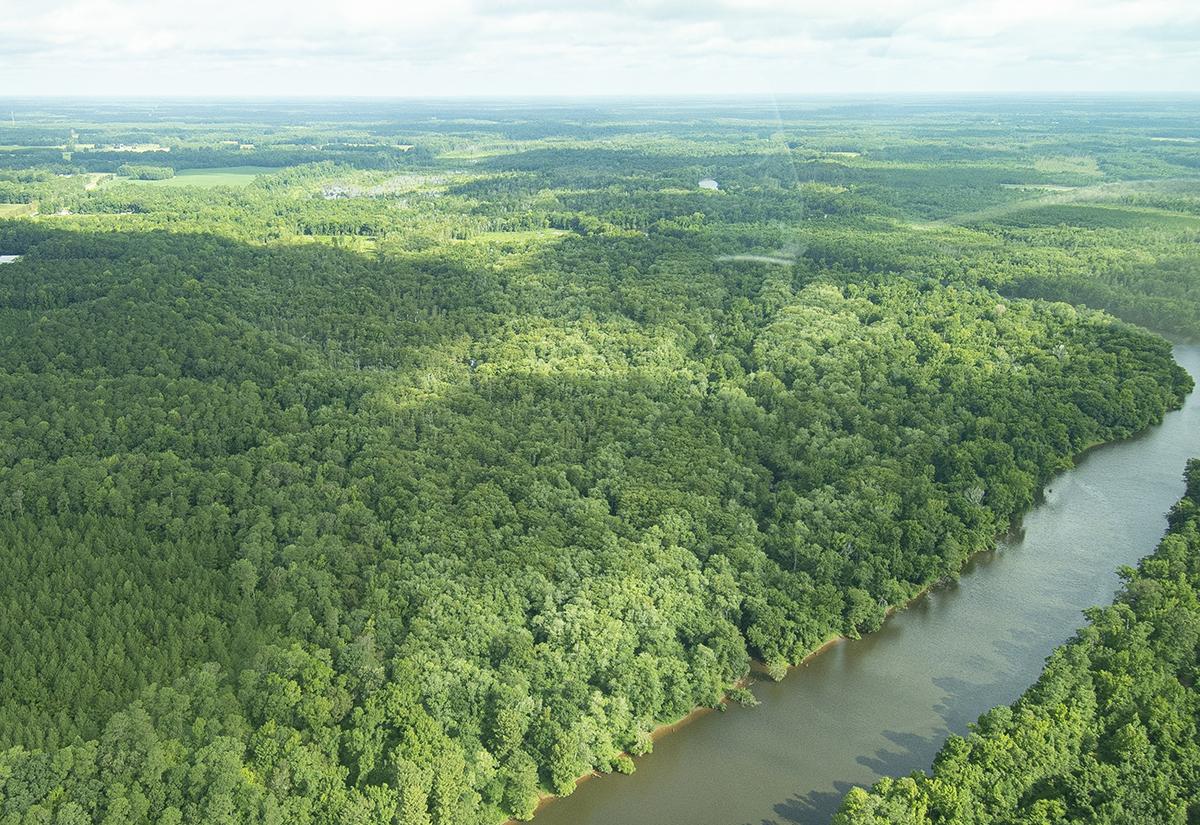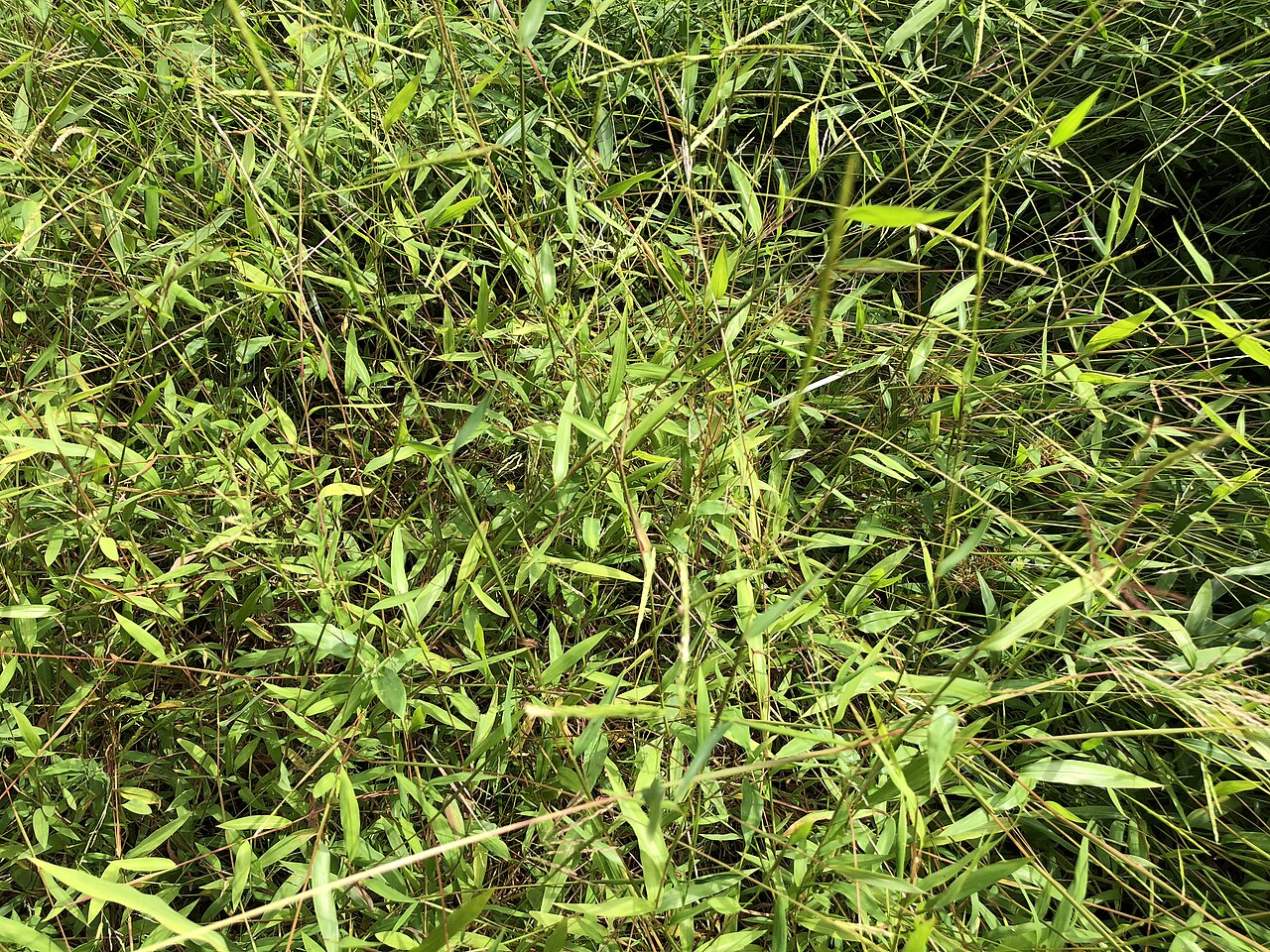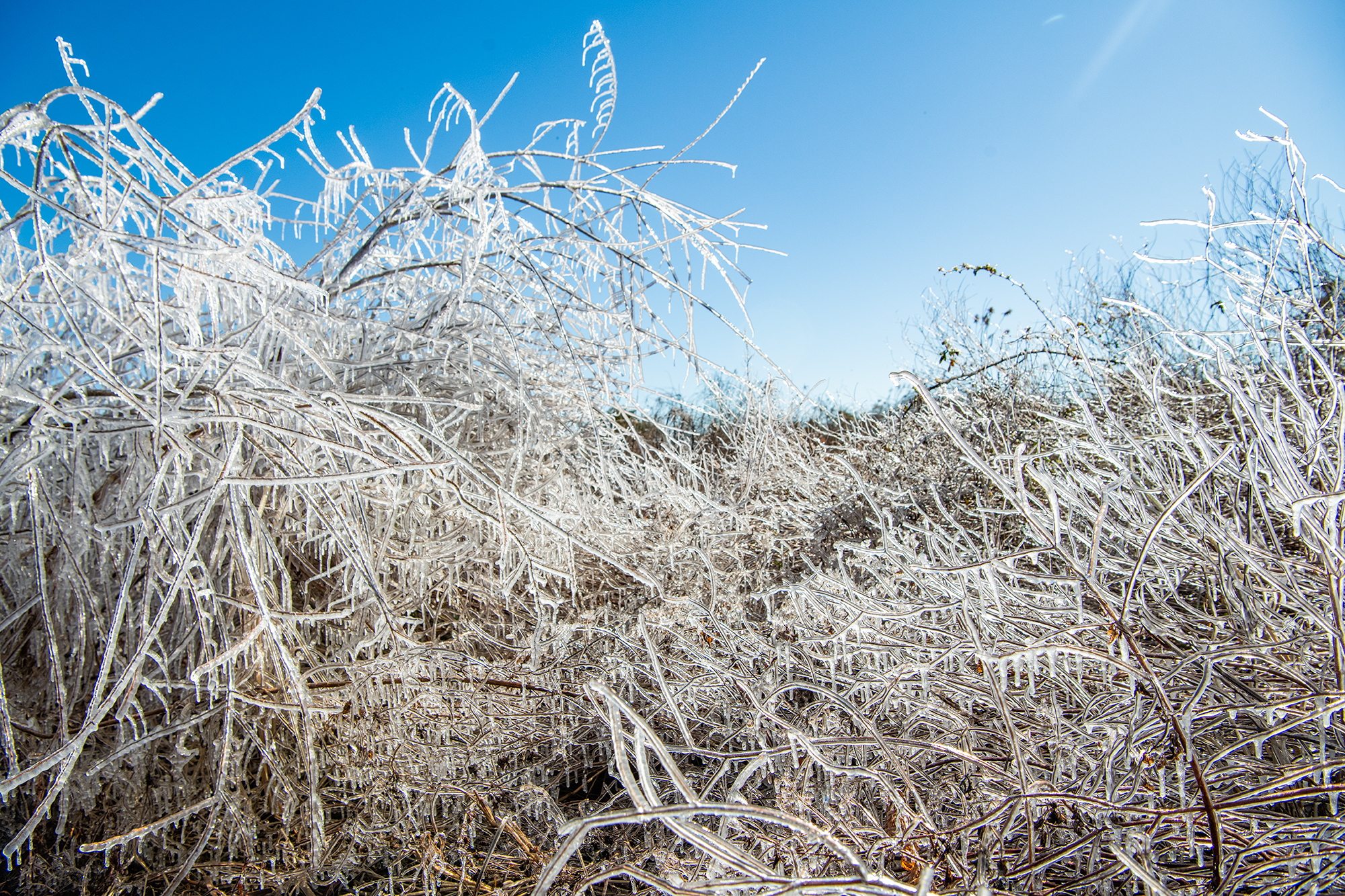
The North Carolina Coastal Land Trust has purchased 265 acres along more than a mile of the Cape Fear River in Bladen County.
The organization, which serves 31 counties in the coastal plain, said Wednesday that it would transfer the property in East Arcadia, just north of Riegelwood, to the state for management by the North Carolina Wildlife Resources Commission as part of the Whitehall Plantation Game Lands.
Supporter Spotlight
The Coastal Land Trust said the property features mature floodplain forest, upland hardwood ravines and diverse wildlife.
“It is an area rich in wildlife that provides nesting habitat for wading birds like the Great Egret and federally threatened Wood Stork; waterfowl like Wood Duck and Hooded Merganser; as well as bottomland hardwood dependent songbirds such as Prothonotary Warbler and Swainson’s Warbler,” said Janice Allen, director of land protection with the Coastal Land Trust, in a statement. “Rare bats like Rafinesque’s big-eared bat and Southeastern bat utilize the large trees in the swamp for roosting, and common mammals like the raccoon, black bear, white-tailed deer, bobcat, and river otter also make the swamp their home.”
Allen noted that the backwaters and sloughs of the floodplain also serve as nursery areas for a multitude of fish species including anadromous fish, such as striped bass, American and hickory shad, “and possibly the federally threatened Atlantic sturgeon.”
Funding was provided through the U.S. Fish and Wildlife Service, Ducks Unlimited, Fred and Alice Stanback, North Carolina Environmental Enhancement Grant program, International Paper, National Fish and Wildlife Foundation, and the North Carolina Native Plant Society’s Alice Zawadzki Land Conservation Fund.
The protected forest includes a portion of Steep Run Swamp that the North Carolina Natural Heritage Program has identified as “ecologically significant,” based on the age and condition of the bottomland hardwood and cypress-gum forest as well as the known nesting colony of wood storks.
Supporter Spotlight
The wood stork is North America’s only native stork and a relative newcomer to North Carolina, officials said. The species has expanded its nesting range northward over the past two decades. N.C. Wildlife Resources Commission biologists discovered North Carolina’s first wood stork colony in 2005 while conducting aerial surveys for bald eagle nests.
Wood Stork numbers are increasing in coastal North Carolina with more than 350 nests tallied in 2019 and more than 690 nests in 2021, said Wildlife Commission biologist Carmen Johnson.
“The species nests in hardwood trees, especially cypress, surrounded by shallow water where they can find fishes, invertebrates, and amphibians to eat and feed their chicks. The storks have found ideal habitat in the mill ponds and swamps of southeastern North Carolina. By protecting the Steep Run Swamp the Coastal Land Trust is helping to ensure that these birds continue to flourish in our state,” Johnson said.
The swallow-tailed kite is also known to nest in Steep Run Swamp. Wildlife Commission biologist John Carpenter first spotted a nest in 2011 from a plane flying low along the Cape Fear.
“This was an exciting find as it is the first documented Swallow-tailed Kite nest in the state,” Carpenter said in a statement.
“We are thrilled to have conserved this portion of Steep Run Swamp along the Cape Fear River,” said Allen. “It is a wild and wonderful place that supports a great diversity of birds and other wildlife, and provides a myriad of other human benefits as the upland and wetland forests on this property help store carbon critical for climate resiliency, moderate floodwaters, and filter the water.”
The Coastal Land Trust said the latest acquisition adds to the 34,000 acres already protected in the Cape Fear basin and to the nearly 85,000 acres along the North Carolina coast.







